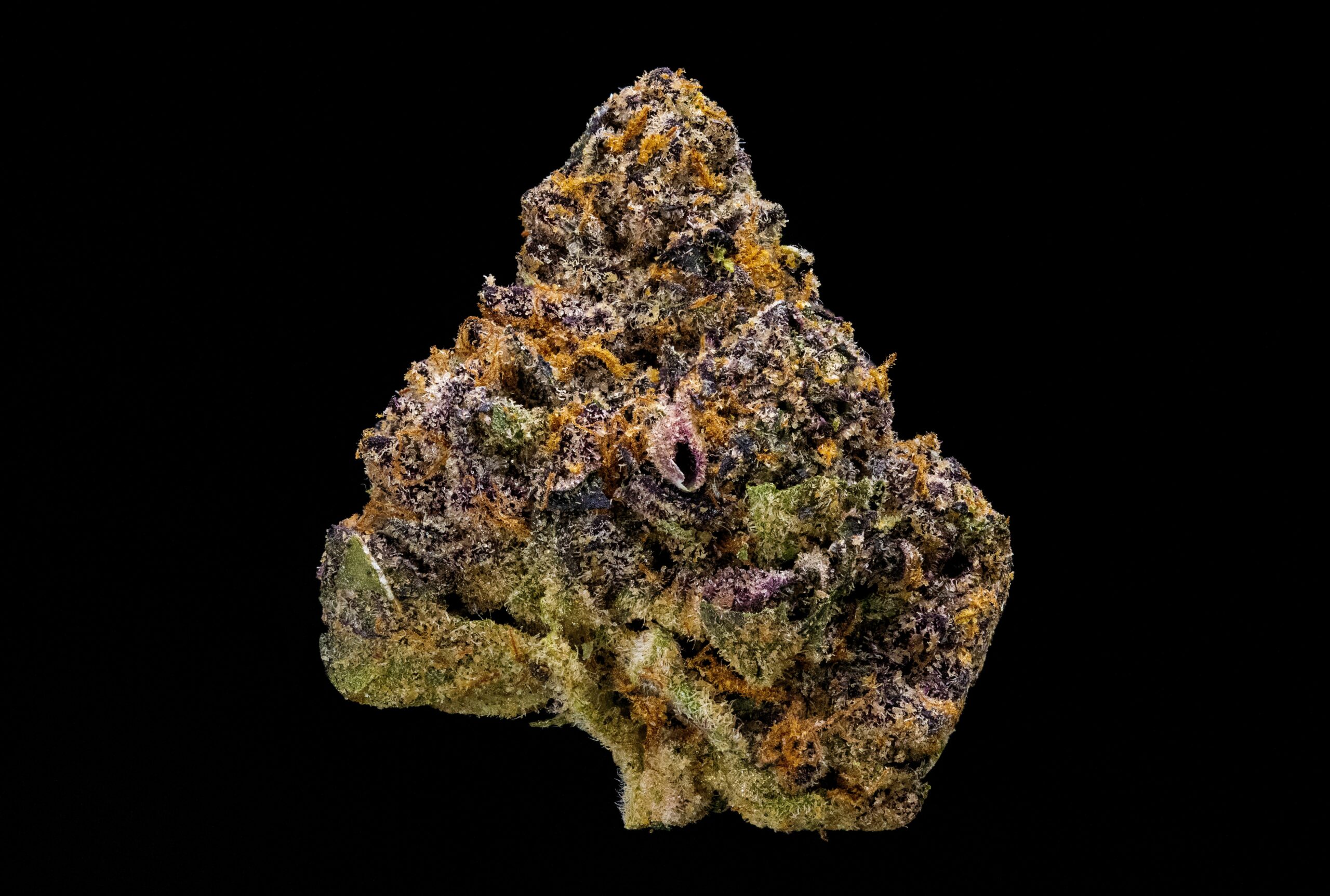As Delta-8 THC gains traction in popularity, there’s a growing cloud of uncertainty regarding its legal status. Navigating the regulatory landscape is crucial for both consumers and businesses involved in this emerging market. In this post, our goal is to shed light on the current state of affairs and provide valuable insights into the legality of Delta-8 THC. By understanding the legal framework surrounding this compound, individuals can make informed choices, and businesses can operate responsibly within the bounds of the law. This exploration aims to clarify the nuanced legal aspects, offering a comprehensive perspective on Delta-8 THC’s position within the ever-evolving regulatory environment.
 Understanding Delta-8 THC
Understanding Delta-8 THC
Delta-8 THC is derived from hemp, which belongs to the cannabis plant family. Unlike its known counterpart, Delta-9 THC (the psychoactive compound in cannabis), Delta-8 THC is said to have lower potency. It has gained attention for its benefits; however, many questions and confusion surround its status.
Federal Laws and Hemp
Understanding Delta-8 THC involves examining hemp laws. The 2018 Farm Bill, officially the Agriculture Improvement Act, defines hemp as cannabis containing 0.3% or less Delta-9 THC. This federal legislation sets the standard for hemp cultivation and consumption, establishing the permissible limit for Delta-9 THC content in hemp. This regulation provides a framework for the legal production and use of hemp-derived products, shaping the landscape for Delta-8 THC within the broader context of cannabis legislation.
 State Laws and Regulations
State Laws and Regulations
While federal law permits the production and sale of hemp-derived products, like CBD oils or edibles with no than 0.3% Delta 9 THC (based on weight), states have different regulations when it comes to other cannabinoids, such as Delta-8 THC.
Certain states explicitly include all derivatives in their Controlled Substances Act regardless of their properties. This means that products containing any form of tetrahydrocannabinol (THC) may fall into this classification.
In simpler terms, different states have different rules about the use of substances like cannabinoids. Some states say you can’t use any cannabinoids that make you “high” while allowing others that don’t, like Delta-8 THC, to be used without any restrictions.
To understand what’s allowed in your area, it’s best to check the local laws or talk to a legal expert. This way, you can make sure you’re following both state and federal laws and staying out of trouble.
Challenges with Testing and Compliance
Another factor that contributes to the complexity of the Delta-8 THCs landscape is testing requirements. Determining the composition of Delta-9 THC, Delta-8 THC, and other cannabinoids in a product is crucial for establishing its legality.
The methods used in laboratory testing play a role in distinguishing between various forms of THC. However, some experts in the industry argue that common analytical methods do not accurately differentiate between Delta-8 and Delta-9, which poses challenges when assessing the content of products.
This lack of clarity in testing creates compliance difficulties for manufacturers, retailers, and consumers who aim to adhere to guidelines while also following state regulations.
 Efforts by Industry Regulators
Efforts by Industry Regulators
With the increasing popularity of Delta-8 THC, industry regulators are actively working towards providing guidance. Trade associations and lobbying groups often step in to bridge gaps between evolving regulations and areas that are yet undefined.
These organizations collaborate with lawmakers to develop guidelines that take into account both consumer safety and regulatory compliance. Together, they establish quality standards for testing methods, product formulation, and labeling protocols and create frameworks surrounding hemp-derived products like Delta-8 THC.
Ethical Consumer Safety
It is essential to consider the ethical implications and prioritize consumer safety. As the demand for Delta-8 THC products grows, consumers should exercise caution when choosing their sources of purchase. When it comes to Delta-8 THC products, consumers should prioritize sourcing from companies that maintain quality standards. It’s important to choose manufacturers who are transparent about their manufacturing processes, including third-party lab testing and certification.
Ethical companies provide labeling and detailed information about their products, specifically mentioning the amount of Delta-8 THC present in each serving or product.
Awareness of Potential Side Effects
While Delta-8 THC is known to be milder than Delta-9 THC, users should still be mindful of any side effects. It’s always a good idea to consult with a healthcare professional before incorporating any cannabinoid into your wellness routine.
Conclusion
It is crucial for consumers to consider the aspects surrounding Delta-8 THC carefully. While federal laws permit the cultivation and sale of hemp-derived products containing less than 0.3% Delta-9 THC (on a weight basis), individual states have their own regulations regarding cannabinoids, like Delta-8 THC. Regulators should implement laboratory testing strategies to facilitate discussions among manufacturers, retailers, and consumers about established standards for the production and sale of products derived from hemp. It is important to stay updated on evolving policies, seek advice from experts, and familiarize oneself with state regulations on cannabis. These strategies will prove valuable in navigating the changing environment surrounding Delta-8 THC.






